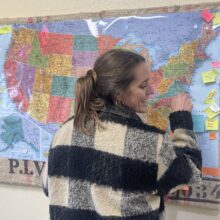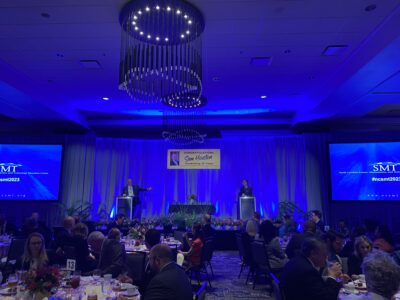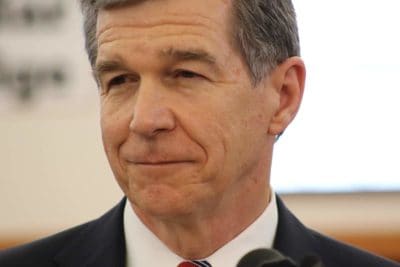|
|
Behind the Story
We visited the classrooms of this year’s Burroughs Wellcome Fund (BWF) Career and Science award winners. All 2023 recipients are in the western North Carolina district and will receive $175,000 for their schools. We visited the four winners over three days, documenting classroom activity and asking each educator the same questions. Our conversation below has been edited for length and clarity.
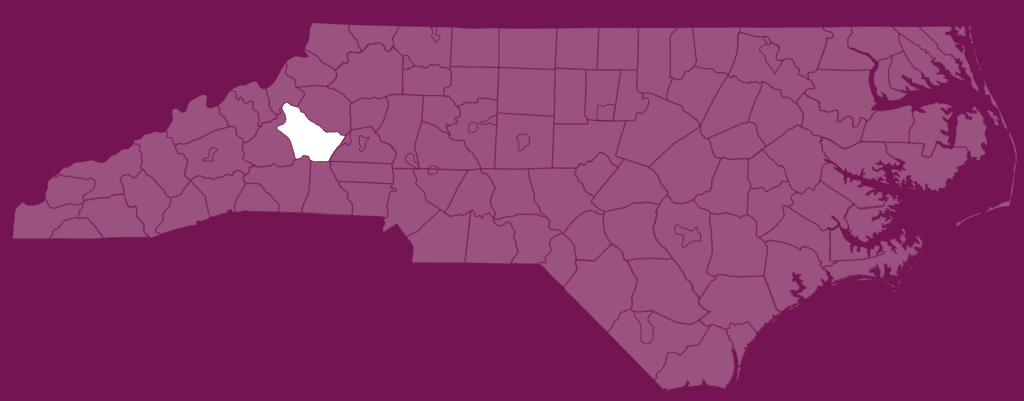

Andrea Gladden is okay with failure and wants her students to be, too
How are seventh graders at East Burke Middle School learning to harness the power of solar, geothermal, biomass, wind, hydropower, or nuclear energies? With recyclable soft drink bottles, old card board boxes, bottle caps, scraps, and lots of hot glue.
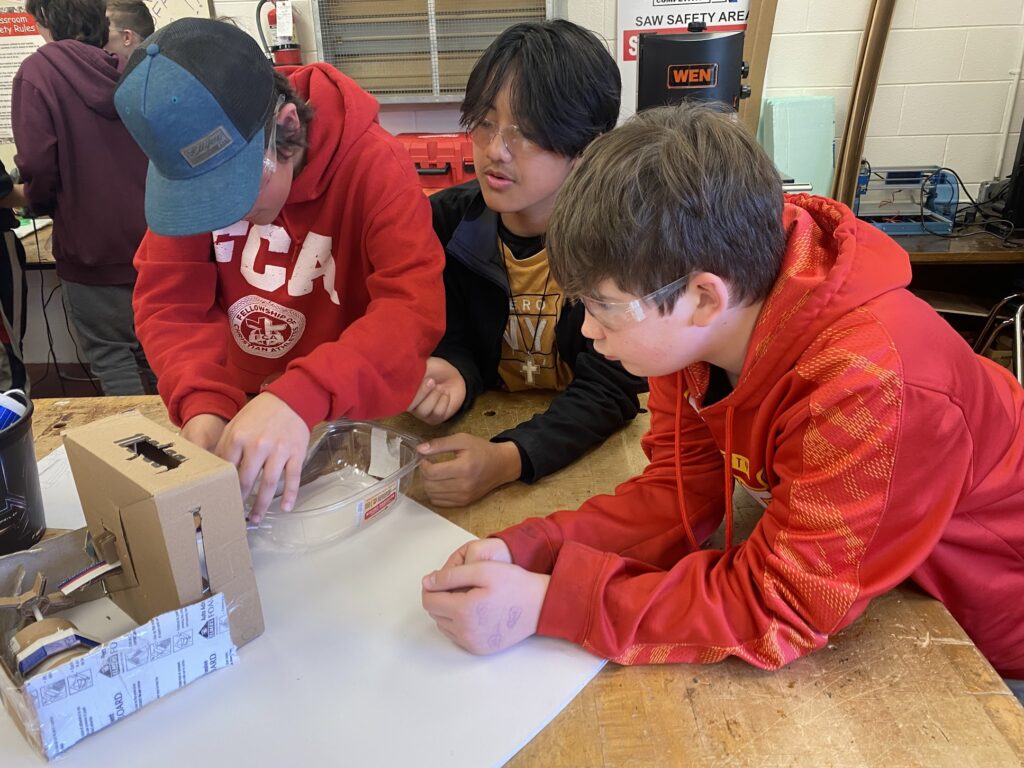

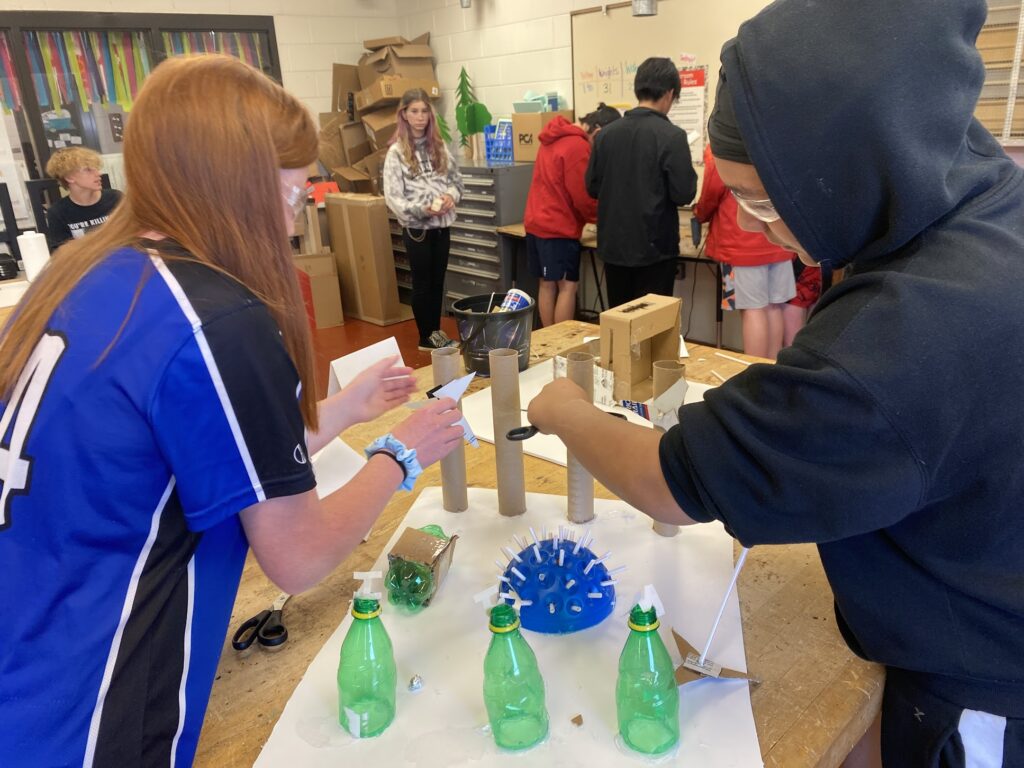

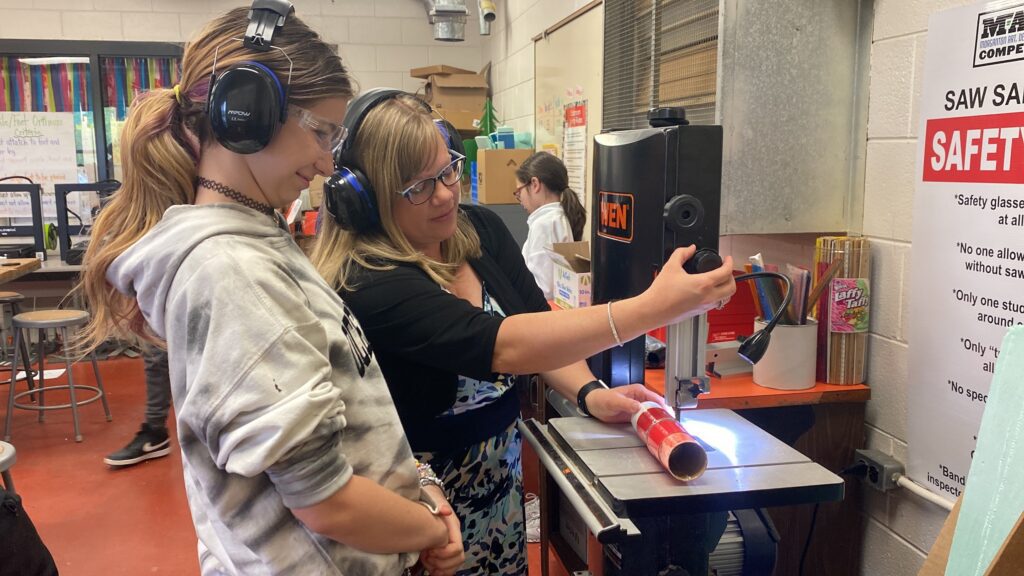

Andrea Gladden, the technical education teacher here at East Burke and BWF 2023 Career and Science award winner, moves around her STEM lab, encouraging her students with questions and not necessarily answers.
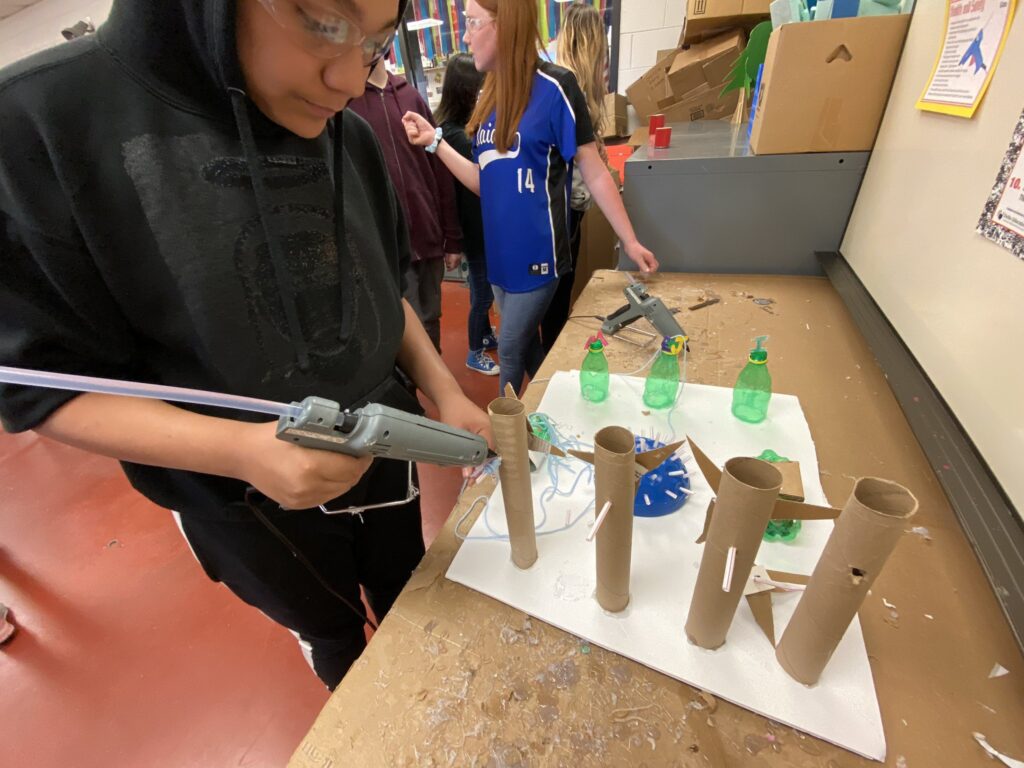

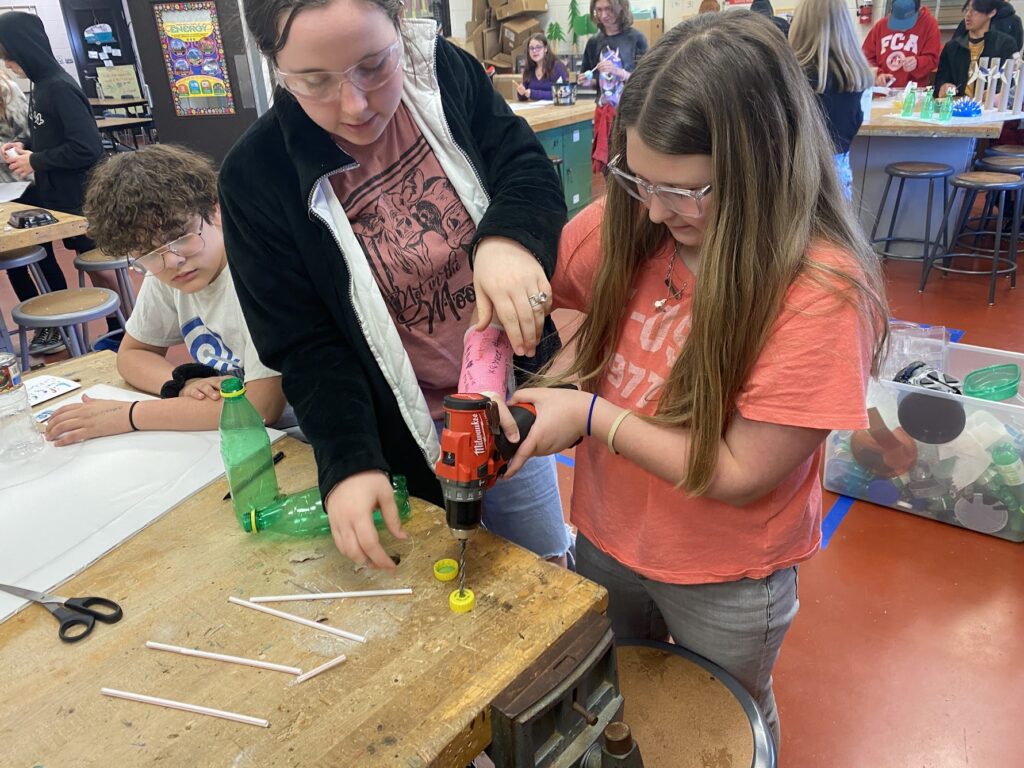

Adorning safety goggles, students all work in groups for this inquiry-based STEM exercise. Gladden believes the best way to teach is by using your hands, with a couple of failures along the way.
A turning point in her education career came in 2012, when she was selected to be part of the Mickelson ExxonMobil Teachers Academy, a week long professional development opportunity focusing on inquiry-based STEM teaching. It is where she realized the power of a STEM educator network.
“When you teach in a small rural school, especially if it’s a self contained classroom where you have three testing subject areas for reading, math and science, you find creative ways to integrate science and STEM into all of the different subject levels, so that you’re covering your curriculum, but also able to give the kids the experiences that they need for STEM and inquiry.”
Andrea Gladden, technical educator at Burke Middle School and Project Lead the Way Teacher
She loves working with other educators, institutions, and being involved in research projects to all make learning more exciting for her students.
“I just thrive on being able to bounce ideas off of folks and find out what’s going on in their classrooms,” she said.
EdNC: When did you know you loved science or what made you love science?
Gladden: I found out that I loved science when I was in fourth grade, and I was a bug collector. My fourth grade teacher was the person who kind of started me on the course, and then along the way, that was very much nurtured by my fifth grade teacher and my sixth grade teacher, who then became my eighth grade teacher. So, you know, it’s all of the right people in all of the right places that supported and nurtured that.
EdNC: What educator made the biggest impact on you and why?
Gladden: I have to name three. My fourth grade teacher instilled in me the love of inquiry. She taught me how to take notes, how to do research, and how its okay to have the wrong answer. My fifth grade teacher was very nurturing. She did a science fair project on cloud types, and in presenting to the class, I had come up with my own little lesson plan. My fifth grade teacher really recognized that and said, “you are a natural born teacher, have you considered going into education?” And it stuck with me. My eighth grade teacher, she was one who really took her time and went out of her way to check in on me to make sure everything was going well, to ask questions and communicate. She also instilled that love of space, and learning more about space. And that’s what is next!
EdNC: Of all the things you do in class, what do you think makes the greatest impact on students?
Gladden: I love teaching through engineering because I love to see the level moments, I love to se the “aha’s” or the “Oh, wow, okay!” moments. I love to see kids learn through failure. And engineering is a wonderful way for students to be able to learn through failure. If I can give anything to these kids, it’s to help them be okay with failing as long as they learn something from it, and they make positive changes.
EdNC: Looking forward, what do you think will engage future generations in science?
Gladden: Having seen both sides of the spectrum, having been a homeroom teacher and having been a STEM teacher, I know first hand that having students up out of their seats directly involved, having their hands on whatever manipulatives, whatever they’re learning if they can dig in and they can have real world learning experiences — those are the experiences that are gonna create lifelong learners.
I think, moving forward, with us being such a technology-driven society, if we ever expect kids to get their hands off their phones and their faces out of those technology devices, we’re going to have to provide something that is engaging and that is hands on. And it’s something where kids are gonna be in positions where they’re going to have to make decisions, informed decisions.
I love the fact that I’m okay with trying something new because I’m okay with failure. But I’m also very driven to try those new things to see if they work because innovation is a huge part of my job. I mean, I want that for my students. And I think that they crave that kind of learning.
Project: Life on Mars
At East Burke Middle, Gladden will use her award money to facilitate a student experiment that’s out of this world. Working with a team of teachers, this project will include sixth, seventh, and eighth grade students. Each grade will be responsible for different pieces of the experience.
Sixth graders will use virtual reality to design a dwelling place that could survive on Mars. Seventh graders are going to use hydroponics and aeroponics to create an indoor garden. They will look at plant growth rates, nutrition, and determine what’s working and what’s not working. Eight graders are going to be the engineers. They are going to be using a VEX Five Clawbot, transforming it into a Mars Rover. This rover will be used to transport food, cultivated by the seventh graders, to the dwelling place created by the sixth graders.
Editor’s note: The Burroughs Wellcome Fund supports the work of EducationNC.
